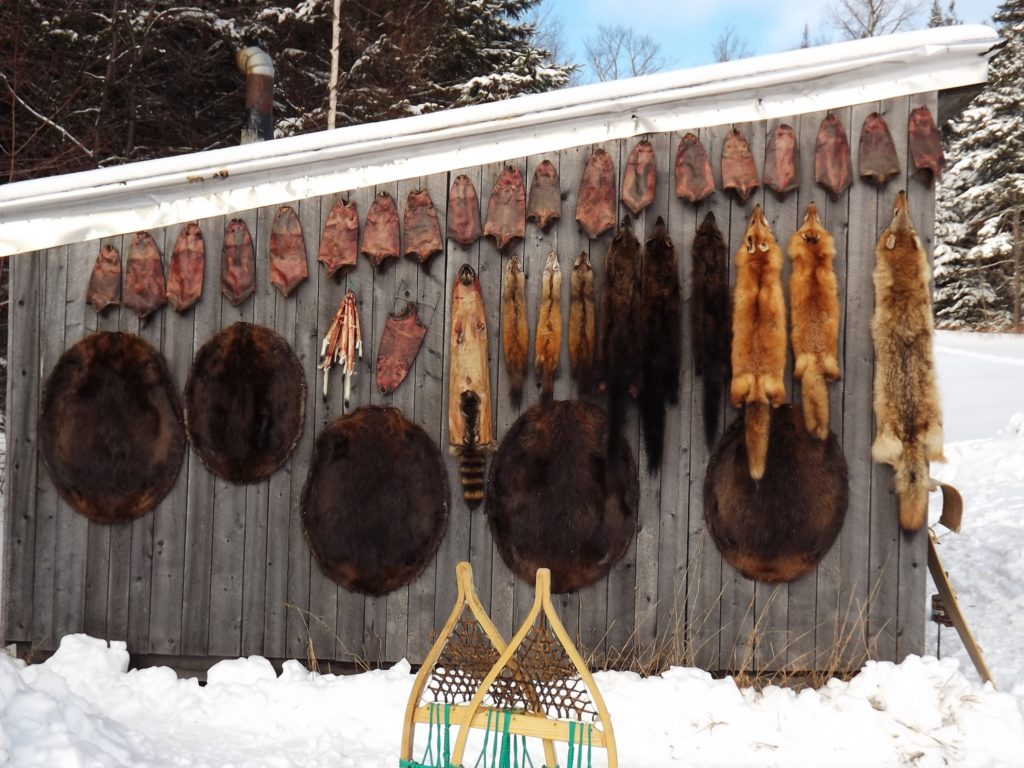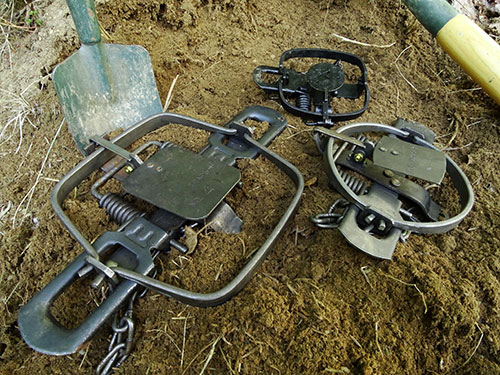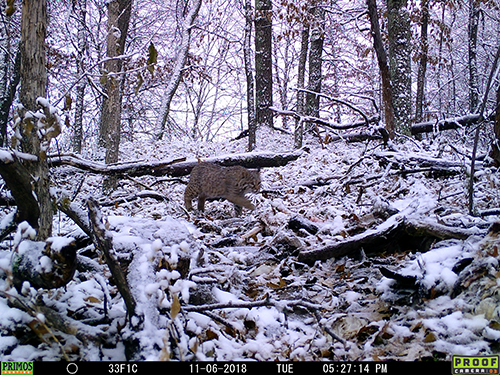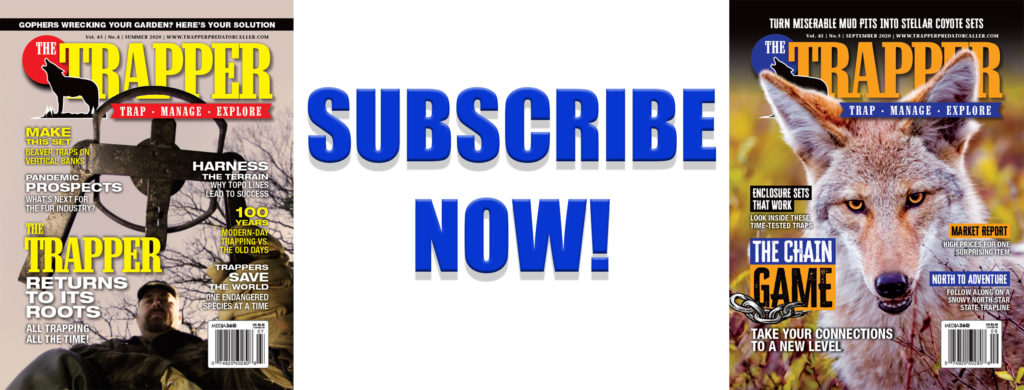By Chris Berens
Every January, the new year brings renewed optimism and energy as people refocus on their goals and dreams for the future. Anti-trapping and anti-hunting groups are no different, and they have started out 2022 with a jump.
After a few victories for their radical, emotional, unscientific cause last year, they obviously see opportunities opening up to further their agendas with weaker, sympathetic state game commissions, governors, legislators and others in power that share no love for outdoorsmen and women. The ongoing COVID pandemic is keeping many citizens’ focus on other priorities, such as the health of friends and family members, lost income, increasing healthcare costs and more. Add all of these up and the antis see opportunity, and they’re showing their hand by beginning to take full advantage of it.
Here’s sample of what anti-trapping and anti-hunting groups have been up to.
Colorado SB22-031 aims to ban hunting and trapping bobcats, mountain lions and Canada lynx (lynx are already protected in the state). The bill is currently in the Agriculture & Natural Resources Committee.
The Arizona Game and Fish Department proposed game management hunt guideline plan for 2023 to 2028 is open for public comment until January 31, 2022. The final hunt guidelines will be presented to the Game and Fish Commission during a public meeting April 1, 2022. The Humane Society of the United States (HSUS), Mountain Lion Foundation (MLF) and Center for Biological Diversity (CBD) are working together in an attempt to overwhelm the public comment period and influence restrictions on mountain lion, bobcat and bear hunting.
In California, the HSUS has filed Petition 2021/2022-027 with the Department of Fish and Wildlife to ban all black bear hunting. HSUS claims the Department’s management is off track and that the bear population is in danger due to multiple reasons, hunting included, of course.
Washington voted this past November to suspend its already highly regulated spring bear hunting season, as Governor Jay Inslee plays politics with the state’s Game Commission, allowing for obvious bias toward the urban areas of the eastern part of the state.
New Hampshire House Bill 1308 will ban the capture, possession and propagation of hares and rabbits for hunting dog training and field trials. This law would make it extremely difficult to train and hunt with beagles and hound dogs, a longstanding tradition in the Northeast. The bill is currently in the Fish and Game and Marine Resources Committee.
Wisconsin, Michigan and Minnesota are all dealing with burgeoning wolf populations and their hands constantly tied by nonstop litigation from numerous animal protectionist groups. Meanwhile, these states’ governors, attorney generals and Department of Natural Resources executives do little to instill confidence in resident hunters and trappers.
Montana, Idaho and Wyoming are also dealing with their own wolf issues, facing constant legal threats from anti-hunting and trapping groups.
The U.S. Fish and Wildlife Service has announced that two petitions to relist gray wolves in the western U.S. as threatened or endangered present credible concern. So, the Service has done a 180-degree flip and announced a comprehensive status review of gray wolf populations in the West.
Don’t forget, through “ballot box biology” in 2020, Colorado voters decided that wolves must be reintroduced to the state no later than the end of 2023, even after Colorado Parks Wildlife’s biologists publicly stated it was a bad idea, as wolves were already naturally migrating into the state.
Utah just banned the use of game cameras during hunting season, following Arizona’s passage of a year-round ban in 2021. Nevada banned game camera usage during hunting seasons in 2018.
In 2021, New Mexico banned trapping on public land outright.
This is certainly not a comprehensive list of everything going on — if these recent attempts are any indication of how 2022 will play out — more are certainly on the way.
It’s also not meant to be a doom-and-gloom, the-world-is-ending article. Hunters and trappers are strong groups around the country, and in many segments, are growing. We all need to stay vigilant and aware of threats to our outdoor lifestyles, and equally important threats to healthy, sustainable wildlife populations and true science-based management and conservation.
Hunters and trappers that aren’t interested in pursuing predators like mountain lions, bobcats, bears or wolves might think that none of this applies to them so they don’t need to care. But unchecked predator populations will eventually have an effect on all game animals, even small game, upland birds and waterfowl. And rest assured, if antis gain victories in any of these arenas, it’s naïve to think they’ll give up on their ultimate goal of ending all hunting and trapping.
What can we do about it? Staying informed about the issues at hand is the easiest way. With that knowledge, we can all engage with our own families, friends and coworkers to try to dispel the emotional, unscientific rhetoric of the radical protectionists. Joining groups such as Sportsmen’s Alliance, National Trappers Association, Fur Takers of America, Ducks Unlimited, Pheasants Forever, Ruffed Grouse Society, National Deer Association, Turkeys for Tomorrow, Rocky Mountain Elk Foundation, Mule Deer Foundation, National Wild Turkey Federation, National Shooting Sports Foundation, National Rifle Association and others can certainly help. These groups are strong voices for us all and work for hunting, trapping and shooting in the capitols of this country every day.
If paying for a membership isn’t an option — it doesn’t need to cost any money to help. The only thing it does cost is a little bit of time. One of the most important we can all do to fight anti-hunting and anti-trapping groups is find out who our elected representatives are and call their offices, send letters and emails. Be courteous, but be impactful with the message. Make opinions matter. Back them up with the facts. That’s it. And it can work.
Follow this link to get the contact information for federal, state and local elected representatives: www.usa.gov/elected-officials
Don’t be shy about communicating to other states’ elected representatives about issues that concern trapping, hunting and wildlife management. Remind them that nonresident license fees and tourism bring a good chunk of money to their states and districts. Without a doubt, antis will rally their members from around the world to try to influence any local issue that they can.
As trappers, hunters and anglers, we can make our own moves, and by staying informed and knowledgeable about the issues facing us around the country, we can do what’s best for wildlife and habitat management, and the outdoor lifestyles we cherish.
Why We Need Wolf Management
_______________






